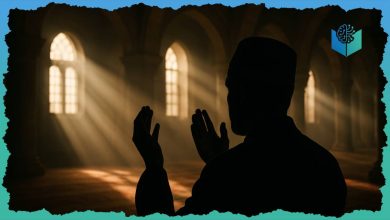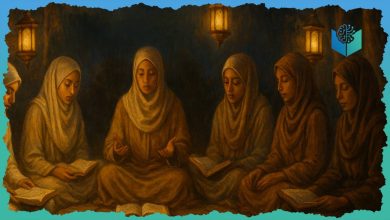Who Was Khadija? The First Muslim Woman and Her Unshakable Faith
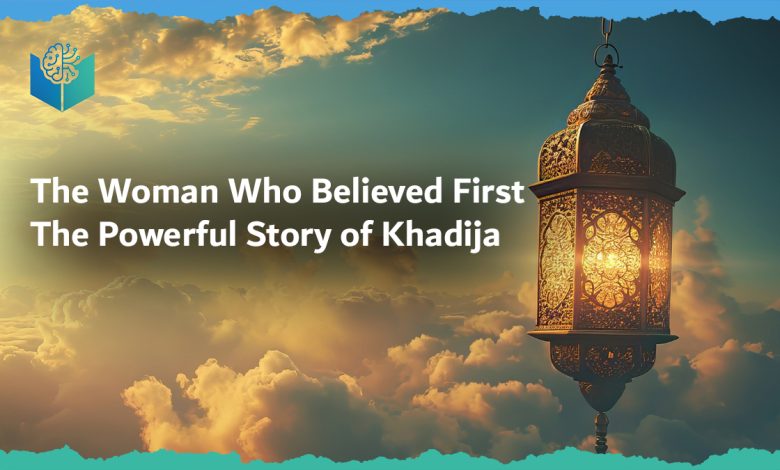
In the annals of Islamic history, few figures shine as brightly and profoundly as Khadija bint Khuwaylid. Known affectionately by Muslims as Lady Khadija and revered as Khadijah al-Kubra (Khadija the Great), she holds a unique and unparalleled position. She was the first person to believe in Prophet Muhammad’s ﷺ (peace be upon him) message, becoming his unwavering pillar of support during the nascent and most challenging years of Islam. Her remarkable life story, marked by strength, wisdom, love, and immense sacrifice, offers profound lessons for all who seek inspiration. This article delves into the extraordinary life of Prophet Muhammad’s first wife, exploring her character, her pivotal role in the early Islamic movement, and her enduring legacy. For a broader understanding of the Prophet’s life and mission, you can explore [Everything You Need to Know About Prophet MuhammadEverything You Need to Know About Prophet Muhammad ﷺ].
Khadija’s Early Life and Remarkable Character
The Life of Khadija (R.A.) began in Mecca around 555 CE, roughly 15 years before the birth of Prophet Muhammad ﷺ. Her early History of Khadija reveals a woman of remarkable standing in a society where women often faced limitations. She hailed from a noble and respected family of the Quraysh tribe, one of Mecca’s most prominent clans. Even from a young age, Khadija distinguished herself not just by her lineage but by her intelligence, independence, and an astute business mind.
She inherited considerable wealth from her father, Khuwaylid ibn Asad, and was a very successful business owner. As Khadija the businesswoman, she ran a busy trade company that stretched all over Arabia. She hired men and sent out caravans to faraway places. Her extensive Khadija’s trade and wealth were well-known, and her reputation for honesty, sharp thinking, and perfect character in all her dealings earned her the respected title “At-Tahira” (The Pure One). This title showed how morally upright and well-behaved she was, even before she married or before Islam began. Even though many rich and powerful men wanted to marry her, Khadija had been widowed twice before and chose to stay independent and handle her own matters. This showed her strong will and wise decisions.
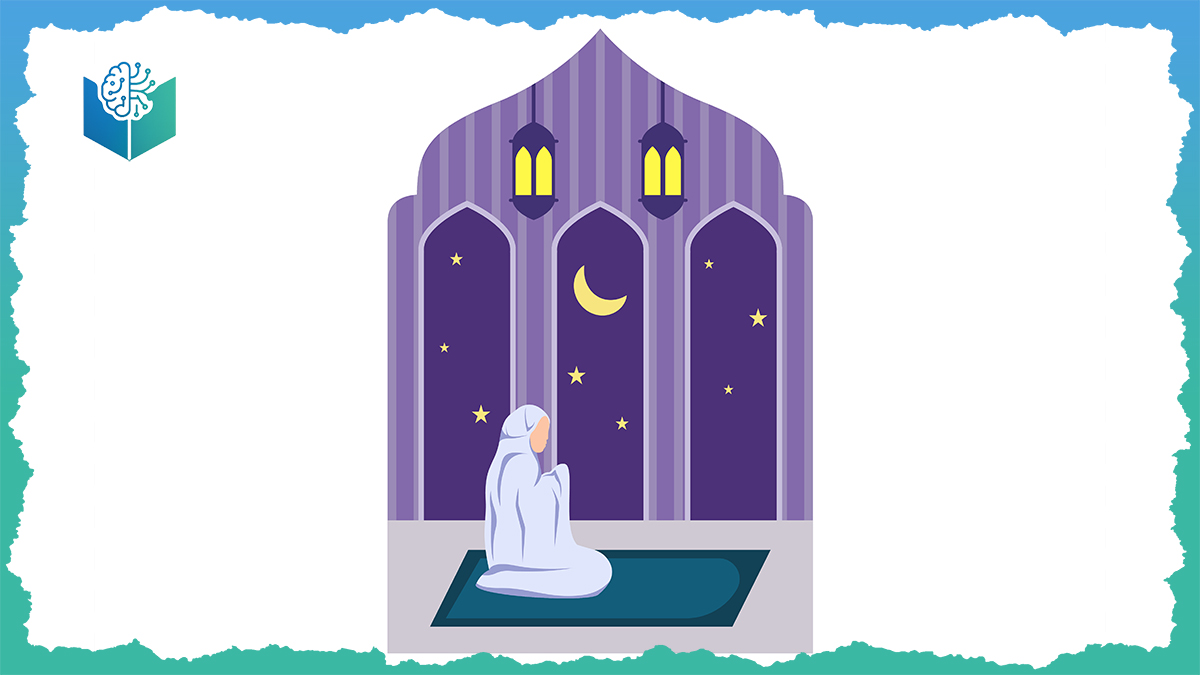
The Sacred Union: The Love Story of Muhammad and Khadija
The unique connection between Prophet Muhammad and Khadija began when she sought a trustworthy individual to manage her trade caravans. Impressed by Muhammad’s honesty, diligence, and integrity – qualities that were widely recognized even in his youth – she hired him. His exceptional handling of her trade affairs, particularly a successful journey to Syria, solidified her admiration. Khadija, discerning and wise, recognized in Muhammad a character unparalleled in Mecca. It was she who, through her close friend Nafisa, took the groundbreaking initiative to propose marriage of Prophet Muhammad and Khadija to him.
Muhammad ﷺ accepted, and their union blossomed into a deeply loving and mutually respectful partnership. At the time of their marriage, the age difference between Khadija and Muhammad was significant, with him being 25 and she 40. Despite this, their bond was profound and enduring, becoming a cornerstone of his life. For 25 years, until her death, Khadija remained his only Muhammad spouse. Their love story of Muhammad and Khadija was a sanctuary of peace, comfort, and unwavering support, symbolizing a partnership of equals in spirit and purpose. They were blessed with several children of Khadija, including Qasim, Abdullah, Zaynab, Ruqayya, Umm Kulthum, and Fatimah. Of these, only their youngest daughter, Fatimah, survived to adulthood, later becoming a revered figure in her own right, inheriting much of her mother’s strength and devotion.
The Pillar of Support: Khadija, The First Believer
The most profound and historically pivotal aspect of Khadijah al-Kubra’s life unfolds during the very dawn of Islam. When Prophet Muhammad ﷺ received his first terrifying revelation from Allah through the Angel Gabriel in the cave of Hira, he returned home profoundly shaken, seeking comfort and reassurance. It was Khadija bint Khuwaylid who, with her immense wisdom, compassion, and unwavering conviction, immediately believed him. This made her the first person to accept Islam and, unequivocally, the First Muslim woman, setting a powerful precedent for all believers to follow.
Her words of comfort, “Never! By Allah, Allah will never disgrace you. You uphold the ties of kinship, you speak the truth, you bear the burdens of others, you help the destitute, you entertain guests, and you assist the deserving calamity-afflicted ones,” reveal her profound understanding of his character and her immediate conviction in his divine mission. This moment solidified her position as the first Muslim, a pivotal act of faith that set the stage for the entire Islamic movement.
Throughout the challenging early years of Islamic history, when the Prophet faced intense persecution, Khadija’s support for Prophet Muhammad was absolute and comprehensive. She provided immense emotional comfort, unwavering encouragement, and crucial spiritual strength. Beyond that, she used her vast wealth and resources to support the nascent Muslim community, generously freeing slaves, feeding the poor, and alleviating the suffering of early converts. Her home became a sanctuary for the Prophet and his message, a safe haven where early revelations were discussed and plans were made. Her financial backing allowed him to devote himself entirely to his prophetic mission without worldly concerns, underscoring the vital role of Khadija in Islam.
The Year of Sorrow and Her Enduring Status
The unwavering loyalty and profound sacrifices made by Khadija bint Khuwaylid were tested to their limits during the severe economic and social boycott imposed by the Quraysh tribe against the early Muslims. For three arduous years, Prophet Muhammad ﷺ, his family (including Khadija), and his followers were forced to live in a secluded valley, enduring extreme privation, starvation, and isolation. Despite her advanced age and the immense suffering, Lady Khadija bravely endured these trials alongside her husband and the community.
Tragically, shortly after the boycott was lifted, the Death of Khadija occurred in 619 CE, at the age of 65. Her passing, coupled with the death of the Prophet’s protective uncle, Abu Talib, within the same year, left a profound void in the Prophet’s life. Prophet Muhammad ﷺ named that period the Year of Sorrow (‘Am al-Huzn), a testament to the immense grief and difficulty he experienced. Her loss deeply affected the Prophet, and he fondly remembered her throughout his life, often praising her qualities and the unparalleled support she had given him.
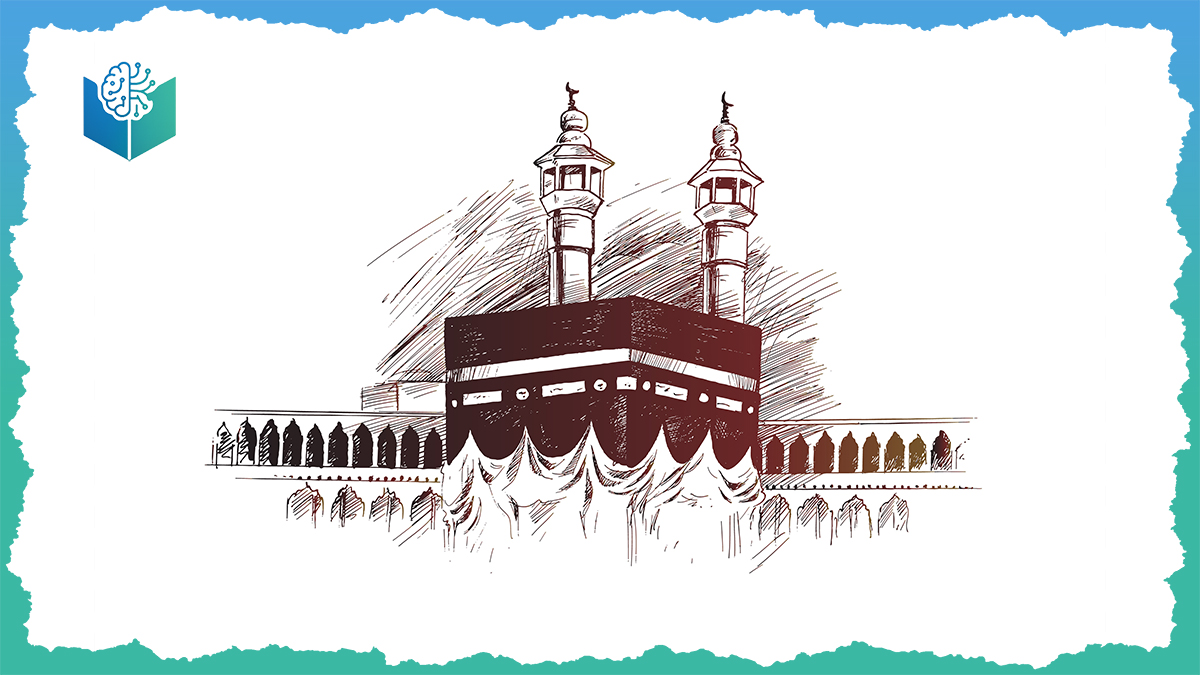
The Timeless Legacy of Umm al-Mu’minin
The Status of Khadija in Islam is of unparalleled reverence and distinction. She is honored as Umm al-Mu’minin (Mother of the Believers), a title that signifies her supreme spiritual rank and her foundational contribution to Islam. Her life stands as an eternal testament to:
- Unwavering Faith: Her immediate and unconditional belief in Prophet Muhammad ﷺ at his most vulnerable moment highlights the power of conviction and trust in divine revelation.
- Steadfast Support: She provided the emotional, spiritual, and financial bedrock during Islam’s infancy, enabling its survival and growth against overwhelming odds.
- Exemplary Character: Her reputation as “At-Tahira” and her actions throughout her life embody the highest Islamic values of integrity, wisdom, compassion, and generosity.
- Pioneering Empowerment: She was an independent, successful woman who chose her path and supported the ultimate divine mission, demonstrating the inherent dignity and capability of women in Islam.
Khadijah al-Kubra’s legacy transcends her marital bond; she is a beacon for all Muslims, illustrating profound love, selfless devotion, and remarkable resilience. Her story is a testament to the courage required to stand for truth, the strength found in unwavering support, and the enduring power of faith. She remains a beloved figure, eternally honored as the woman who believed first, paving the way for the message of the quran and the mission of all prophets of God. Her story is truly an essential part of Everything about Islam.
Q&A: Understanding the Legacy of Khadija (R.A.)
Who was Khadija in Islam?
Khadija bint Khuwaylid was Prophet Muhammad's ﷺ first wife, a respected businesswoman, and the first person to believe in his prophethood, becoming the First Muslim woman.
Why is Khadija important to Muslims?
Lady Khadija is crucial because of her pioneering faith, unwavering support for Prophet Muhammad ﷺ, exemplary character, and her revered status as Umm al-Mu'minin (Mother of the Believers).
How did Khadija support the Prophet?
Khadija's support for Prophet Muhammad was absolute: she offered emotional comfort, believed in his mission immediately, and used her vast wealth to financially aid him and the early Islamic community.
What can we learn from the life of Khadija?
From Khadija's life, we learn about profound faith, selfless support, remarkable resilience in adversity, and the strength of an empowered woman dedicated to a divine cause.


